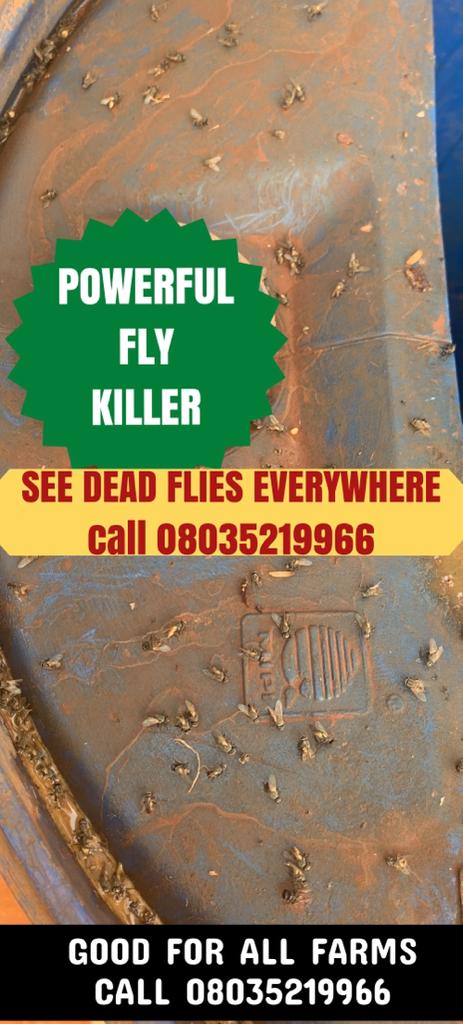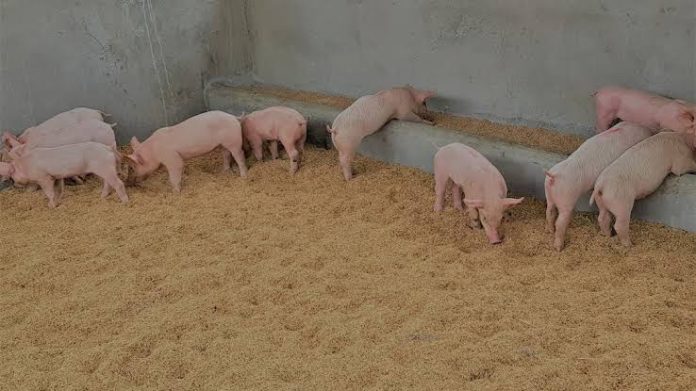🔥E- book offer of the day: 👉 20 questions to ask your poultry farm manager everyday
Essentials of Pig nutrition for every pig farmer
Proper pig nutrition is crucial for their growth, reproduction, and overall well-being. Here are key details for effective pig nutrition:
 Learn More
Learn More
1. **Balanced Diet:**
– Provide a balanced diet containing carbohydrates, proteins, vitamins, and minerals.
– Common energy sources include grains like corn and barley.
2. **Protein Requirements:**
– Incorporate protein-rich feed sources like soybean meal, fishmeal, and legumes.
– Adjust protein levels based on the pig’s life stage (grower, finisher, gestating, lactating).
3. **Vitamins and Minerals:**
– Ensure adequate levels of vitamins A, D, and E.
– Provide mineral supplements, especially calcium and phosphorus, for bone health.
Invest in this knowledge-packed ebook promptly. 👉 Poultry farming business report Volume 4
4. **Energy-Dense Feeds:**
– Include energy-dense feeds like fats and oils to meet the pig’s energy requirements.
– Gradually introduce these components to prevent digestive issues.
5. **Fiber Content:**
– Maintain a balance of fiber for gut health and digestion. Include fibrous feed sources like alfalfa.
6. **Water Availability:**
– Ensure pigs have constant access to clean water to support digestion and hydration.
7. **Minimize Stress:**
– Stress negatively impacts pig growth and health. Minimize stress during handling, transportation, and changes in environment.
8. **Monitor Body Condition:**
– Regularly assess body condition and adjust feeding accordingly to prevent under- or over-feeding.
9. **Life Stage Considerations:**
– Tailor diets for different life stages such as piglets, growing pigs, finishing pigs, and breeding sows.
READ ALSO Start to finish pig production with details
10. **Avoid Overfeeding:**
– Overfeeding can lead to obesity and health issues. Adjust feeding amounts based on growth rates and activity levels.

11. **Parasite Control:**
– Implement a parasite control program to manage internal and external parasites that can affect nutrient absorption.
12. **Biosecurity Measures:**
– Maintain biosecurity practices to prevent the introduction of diseases that may impact pig health and nutrient utilization.
READ ALSO 9 signs usually associated with viral diseases of pigs
13. **Consult with Nutritionists:**
– Seek guidance from a swine nutritionist for a customized feeding program based on your specific herd’s needs.
14. **Quality Feed Sources:**
– Ensure the quality of feed ingredients to prevent contamination and maintain nutritional integrity.
Purchase this compelling ebook instantly. 👉👉21 most important poultry diseases with prevention, control & treatment
15. **Record Keeping:**
– Keep accurate records of feed consumption, growth rates, and health observations for effective management.
By addressing these essentials, pig farmers can optimize the health, growth, and productivity of their swine herd. Regular monitoring and adjustments to the feeding program are key to successful pig nutrition.
🧩CREATED BY DR JOSEPH DEJI-FOLUTILE















